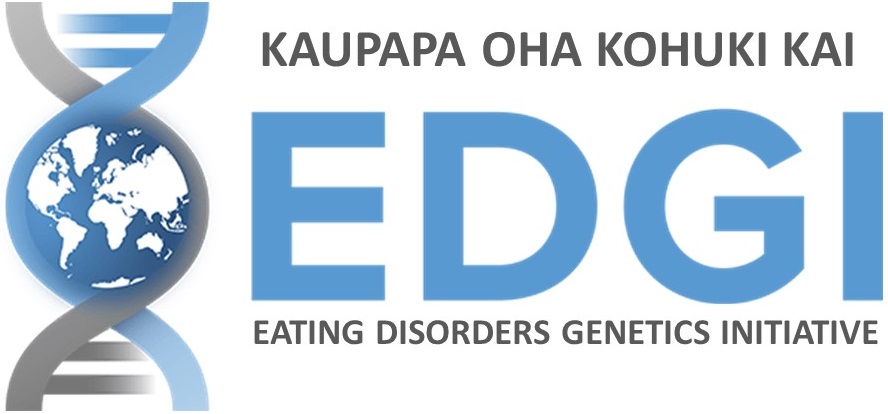News
The relationship between night eating syndrome and other eating disorders
Night eating syndrome (NES) was formally recognised as an eating disorder nine years ago, and is characterised by delayed patterns of food intake. More specifically, people affected by NES typically don’t feel like eating earlier in the day, but often eat excessively after dinner (perhaps a quarter of their daily intake) and then regularly wake…
Read MoreWhat is the connection between ADHD and eating disorders?
Attention deficit hyperactivity disorder (ADHD) starts early in life. Common symptoms include struggling to focus on tasks, making mistakes due to inattention, being over-active and fidgety, and being impulsive – interrupting conversations or acting without thinking. Many people are like this sometimes, but for people with ADHD, the symptoms are persistent and interfere significantly with…
Read MoreThe great underfunding of eating disorders research
Australian and UK researchers (1) have recently reported on the strikingly low funding provided for eating disorders research. Much more research is needed to address fundamental questions about eating disorders. We still know little about the basic biology, susceptibility of eating disorders, or how best to care for those with eating disorders. However, we do know that eating disorders are serious conditions with significant impacts for…
Read MoreSurge of people reaching out for eating disorder help
There is mounting information to show that more people are experiencing disordered eating, especially in the face of the COVID-19 pandemic. Our response to the pandemic has created an space for eating disorders to emerge or worsen. Because of the pandemic, we are likely to experience increased negative feelings and changes in the way we socialise and think1, which can lead to disordered eating for many people. An increase in eating disorder referrals has been seen around the world since the emergence of of COVID-19. Within the United States and the Netherlands, people with eating disorders reported a worsening…
Read MoreBringing binge eating disorder out of the shadows
Though often in the news, eating disorders are poorly understood. When thinking about eating disorders, people usually think of anorexia nervosa or sometimes bulimia nervosa, but rarely about the most prevalent eating disorder, binge-eating disorder (BED). In fact, many people have BED, but are unaware that they have a common and treatable condition. People affected…
Read MoreAre my ovaries making me eat?
Binge eating disorder (BED) is the most common eating disorder you have never heard of. Studies estimate that 2-3.5% of the population suffer from this disorder, compared to ~1% for anorexia nervosa and bulimia nervosa. BED is characterised by an excessive intake of food, without regular purging or other compensatory behaviours (like vomiting, laxative use,…
Read MoreA closer look at the mukbang phenomenon
Mukbang, which translates to ‘eating show’, refers to an online trend in which hosts share video recordings of themselves eating large quantities of food. Videos of this genre originated in South Korea as early as 2010 before being introduced to mainstream American YouTube channels in around 2015. Mukbang has since seen a rapid increase in…
Read MoreK-Pop and Disordered Eating
K-Pop, short for Korean popular music, has a growing international following. Not only does K-Pop have a distinct sound, but it is often packaged with captivating visuals like choreographed dance routines, colourful outfits, and vibrant music videos. K-Pop’s passionate fans gather online and in person to share stories about their favourite K-pop stars, often referred…
Read MoreImpact of social media on people living with eating disorders during COVID-19
The unprecedented consequences of the COVID-19 pandemic have meant that majority of the population have been working from, and confined to their homes for many months on end. Throughout the pandemic, our social media channels have become increasingly flooded with content emphasising the importance of staying active, with tips on the best exercises to do…
Read MoreEating disorder health service delivery in the Māori population
A new study reveals systemic gaps in the health system make it more difficult for Maori people with eating disorders to access specialist support services. EDGI Co-lead investigator, Senior Lecturer, University of Otago, Dr Jenny Jordan, contributed to the Eating disorders in New Zealand: Implications for Māori and Health Service Delivery study. The study found…
Read More









